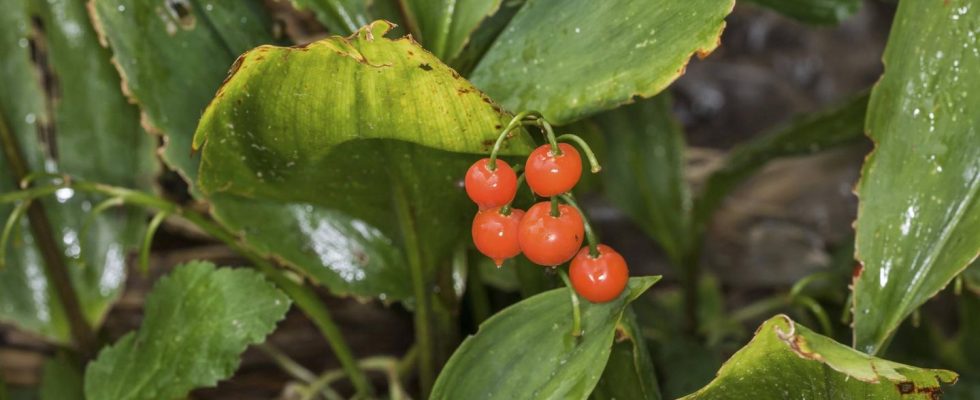There, where it blooms and greens in spring, hidden dangers can lurk, especially for small children. Every year, the Federal Institute for Risk Assessment reports cases of poisoning that can be traced back to the consumption of poisonous plants. Particularly affected: Small children who eat fruit, leaves or other poisonous parts of plants. Many of the poisonous plants look harmless at first glance, but skin contact can cause allergic reactions and symptoms of poisoning. With some plants, such as deadly nightshade or foxglove, eating even a small amount can be fatal.
Even adults lack knowledge about poisonous plants
Distinguishing a poisonous plant from a harmless one is often difficult, even for adults. It can still be observed that people’s general knowledge of natural topics is clearly declining, says Helge Masch, head of the botanical special garden in Hamburg-Wandsbek, in an interview with the “Hamburg evening paper“. “That’s bad – and of course also affects the knowledge of the ingredients of the plants.”
He recommends parents who want to be on the safe side avoid plants such as monkshood, garden rue and spotted hemlock in their garden at home, or place the plants in the middle of the bed so that contact is avoided. The Federal Institute for Risk Assessment goes one step further and advises: “These plants should not be planted in places that children use as a place to stay and play.”
In reality, however, poisoning with plants is very rarely fatal, says Dr. Maren Hermanns-Clausen, Head of the Poison Information Center of the University Hospital Freiburg. “Toddlers explore their surroundings in their urge to discover and usually only eat small amounts of plants,” she explains. In an emergency, it is important to remain calm. A call to a poisoning information center or to the emergency call 112 can help. “Usually it is enough to remove the plant parts from the child’s mouth, rinse them out and offer them a few sips to drink.”
A complete list of native garden plants and plants in the wild that can cause moderate and severe poisoning has the Federal Institute for Risk Assessment published.
Sources: Federal Institute for Risk Assessment“Hamburg evening paper“, university hospital Freiburg

